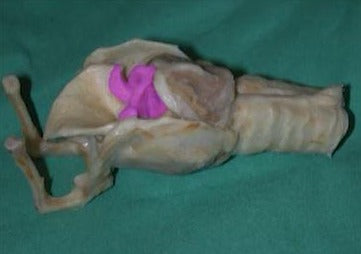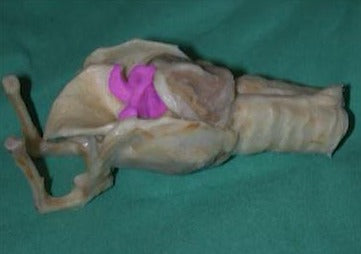Vet Show Academy
Not Just Laryngeal Paralysis - Understanding GOLPP
Not Just Laryngeal Paralysis - Understanding GOLPP
Couldn't load pickup availability
A late-onset acquired laryngeal paralysis has been well documented in the literature for 40 years, presenting as a common condition in older dogs, particularly Labrador retrievers. Because a specific cause was not identified, the term idiopathic laryngeal paralysis became the universal descriptor. In experienced hands, surgical outcomes (tie-back) are generally excellent for the immediate alleviation of clinical signs, with the most common complication being aspiration pneumonia. Recent investigations have shown that over two-thirds of affected dogs also have esophageal dysfunction at the time of presentation and that an insidiously progressive, generalized neurodegeneration typically ensues over several years. It is thus critical to provide long-term, follow-up care to affected dogs to optimize their quality of life. Owner education on the condition is important to manage their expectations. Management of swallowing dysfunction, early recognition of aspiration pneumonia, and physical therapy programs are thought to maintain life quality for longer.
Soft Tissue Surgery
Presented by Bryden Stanley, BVMS, MANZCVSc, MRCVS, MVetSc, DACVS
Surgery Professor at Michigan State University
Presented at New York Vet 2019
Clinical Theater 2
Share


